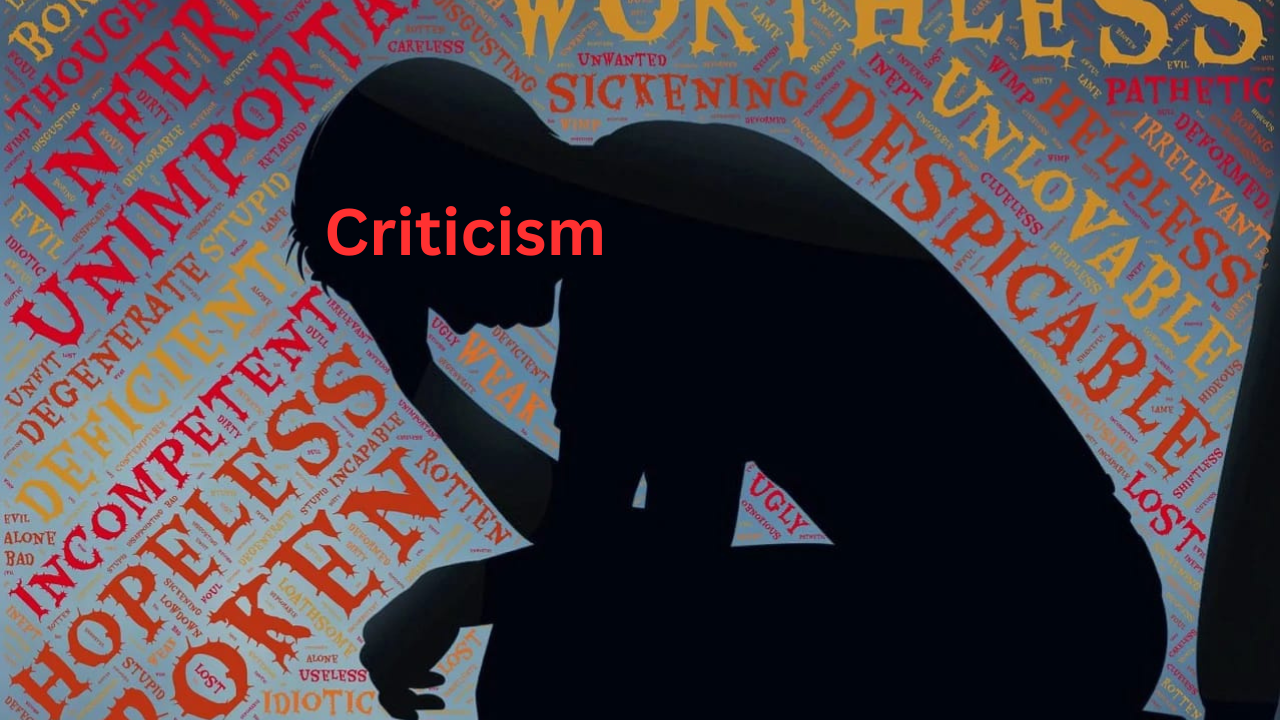Literary criticism is a vital part of the literary world, enabling readers to engage with works of literature on a deeper level. It is an important form of cultural production. It has a long history, dating back to Aristotle’s Poetics.
Definition of Criticism :
In simple words, criticism is the interpretation, analysis, comparison, and evaluation of literary works, helping us to understand the author’s intentions, historical context, and cultural significance.
But in the words of Dr. V.Chandra Sekhar Rao, criticism is:
“An opinion about something or the activity, and also a careful discussion of something.”
Benefits of Literary Criticism:
Here are some benefits that are:
1. Deepens understanding of literary works.
2. Enhances critical thinking and analytical skills.
3. Encourages empathy and understanding of different perspectives.
4. Develop effective communication and writing skills.
5. Fosters’ appreciation for literature and its significance.
Approaches To Literary Criticism:
1. Close Reading:
Detailed analysis of language, imagery, and structure.
2. Comparative Analysis:
Comparison of multiple texts and authors.
3. Contextualization:
Examining the historical, cultural, and social context.
4. Theoretical Applications:
Using literary theories to interpret the text.
Literature and Criticism: A Dynamic Relationship:
1. Inspiration and Response:
Literature inspires criticism, as critics respond to the themes, ideas, and artistic expression in literary works. Criticism, in turn, influences literature as authors respond to critical evaluations and incorporate new ideas and perspectives into their writing.
2. Understanding and Interpretation:
Criticism helps readers understand and interpret literary works, providing insights into historical context, literary devices, and authorial intentions. Literature challenges critics to develop new
interpretations and perspectives, deepening our understanding of the human experience.
3. Evaluation and Judgement:
Criticism evaluates literary works, assessing their artistic merit, cultural significance, and impact on society. Literature invites criticism, encouraging readers to engage with the work and form their judgments about its value and meaning.
4. Creative and Critical Dialogue:
Literature and criticism engage in a creative and critical dialogue, with authors and critics responding to and influencing each other’s work. This dialogue fosters a deeper understanding of literary works and their significance in society, enriching our cultural heritage.
5. Theoretical and Methodological Approaches:
Criticism draws on various theoretical and methodological approaches, such as Marxism, Feminism, and Postcolonialism, to analyze literary works. Literature challenges critics to develop new theoretical and methodological approaches, adapting to the evolving nature of literary expression.
6. Historical and Cultural Context:
Literature reflects and shapes cultural and historical contexts, influencing societal values and beliefs. Criticism considers the cultural and historical context of literary works, analyzing how they both reflect and challenge the norms of their time.
Types Of Literary Criticism:
Some common types of literary criticism are:
1. Historical-Biographical Criticism:
It explores the author’s life, historical period, and social context to understand the work’s meaning and significance.
2. Moral-Philosophical Criticism:
It examines the ethical and philosophical themes, values, and beliefs presented in the work.
3. New Criticism:
This type focuses on the literary text itself, analyzing its structure, language, imagery, and symbolism.
4. Reader-Response Criticism:
It emphasizes the reader’s response and interpretation of the text.
5. Marxist Criticism:
It analyzes the social and economic context, exploring power dynamics and class struggle.
6. Feminist Criticism:
Examines gender roles, sexuality, and power dynamics within the text.
7. Postcolonial Criticism:
Investigates the impact of colonialism and imperialism on literature and culture.
8. Psychoanalytic Criticism:
Applies psychological theories such as the theory of Sigmund Freud and Stream of Consciousness to understand the author’s motivations and the text’s symbolism.
Conclusion:
In conclusion, literary criticism is a rich and diverse field that enriches our understanding of literature and its role in shaping culture and society. By exploring different types, approaches, and benefits of literary criticism, we can deepen our appreciation for the literary world and its significance in our lives.
